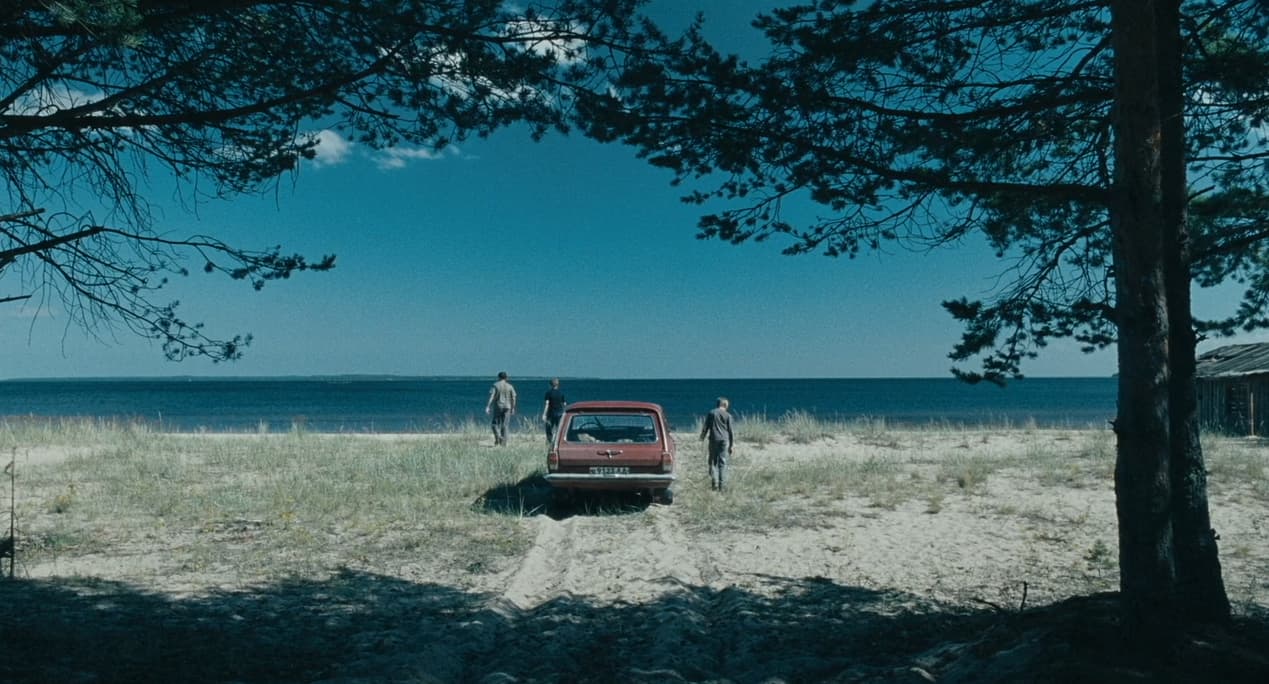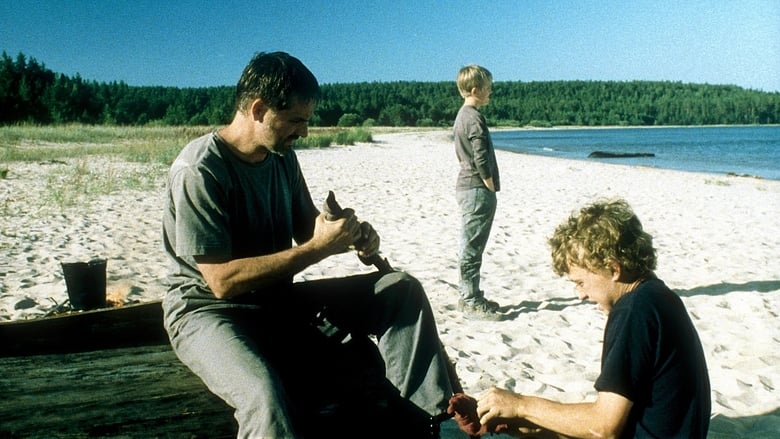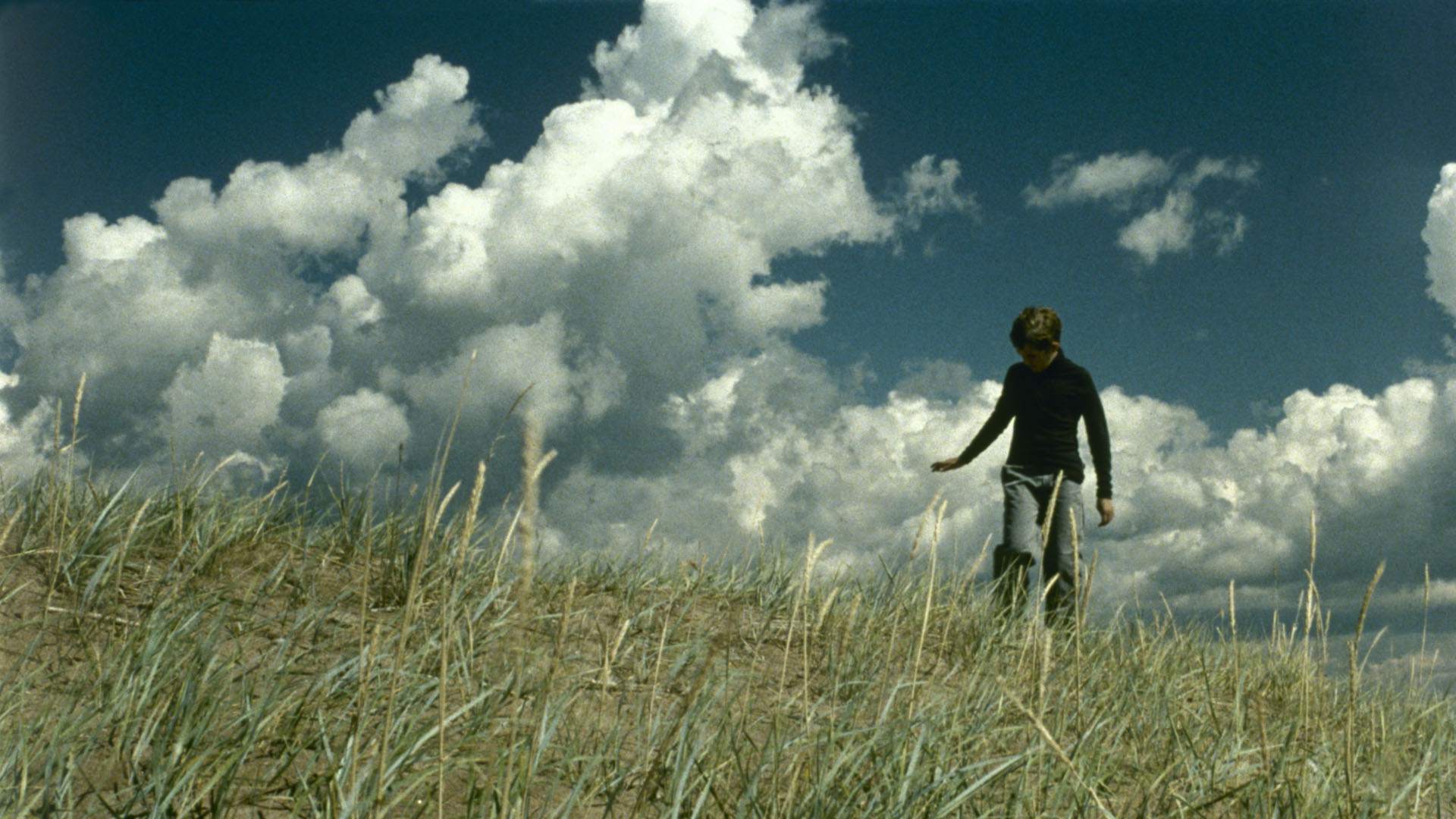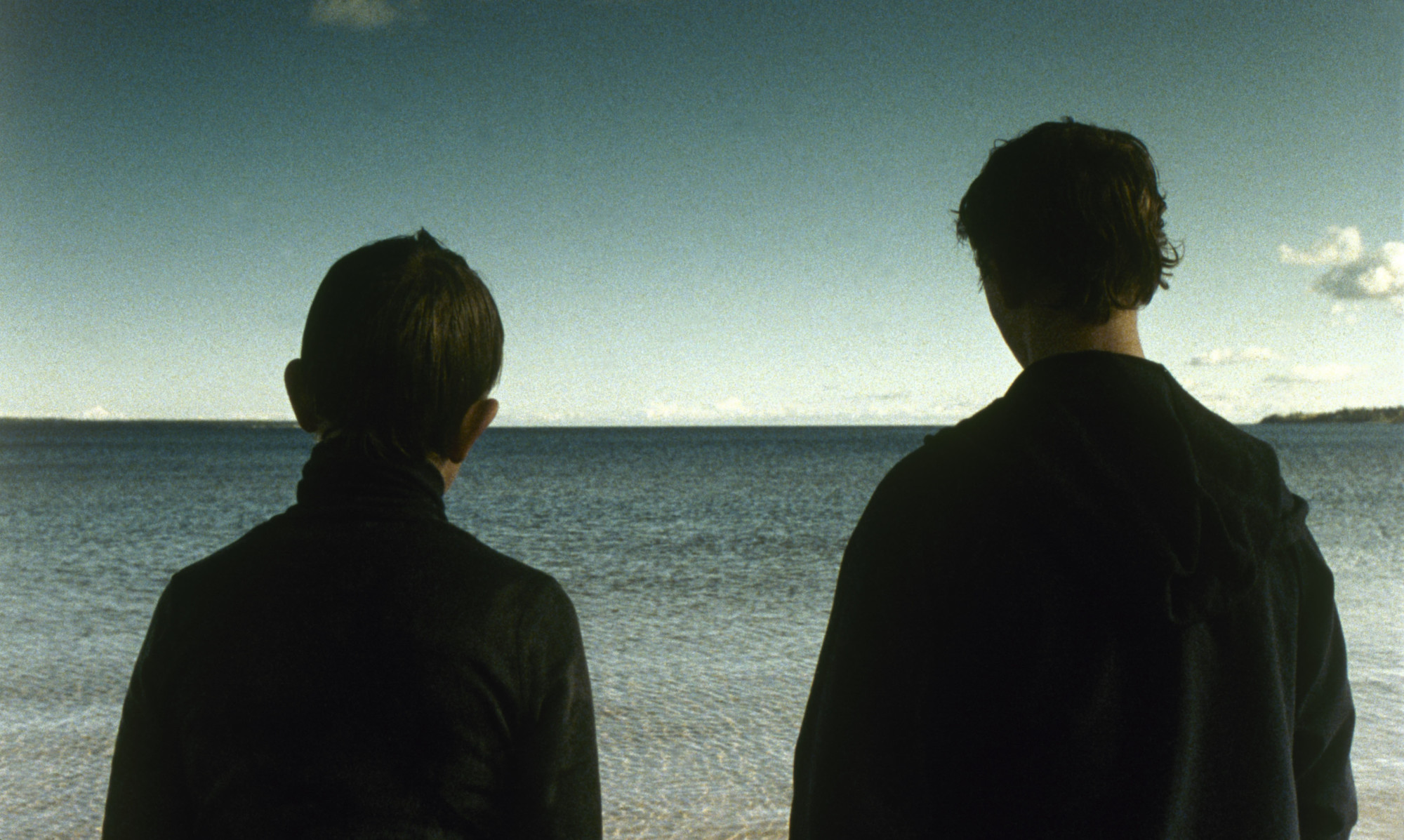
The Return
Andrei Zvyagintsev
Photo credits: Reddit
27th June 2020
Having finished "The Return", I was surprised by how much the director (Andrei Zvyagintsev) managed to achieve for his debut on such a low budget. The story is outwardly minimal and stripped down but inwardly rich with emotional tension and sentimental questions, often left unanswered. It focuses on a broken family, the chasm that stands between father and sons and the desire to be forgiven, needed and loved.
The film’s colour scheme is subdued with a blue-grey texture whilst the sounds of trickling lakes serve as a meditative counterpoint reminiscent of Tarkovsky’s “Stalker”. The breath-taking shots of the lake and expansive forestry placed provides a visceral experience that reminds me of my time exploring the nature of Russia in the Perm Region and Siberia.
The film tells a story of two young brothers, Andrey and Ivan, who have been raised by their mother alone. But one day, their father returns home after 12 years of absence, whose existence they know of only from an old photograph.
Immediately upon return, their father takes them on a short fishing trip to a remote island amidst the Russian wilderness, attempting to make up for the lost time in his own way. Whilst the older brother, Andrey, desires to re-establish the lost relationship with their stranger-father, Vanya is stubbornly mistrustful. Their father is cold and unresponsive; unable to communicate with his boys. He wants to teach them to be men against the ruthless world and tries to rid them of their weaknesses but doesn’t know how to do so without hurting them.

Photo credits: TMDB
Though the father does not say very much in the film, the acting somehow guides the viewers to fill in the blanks with thoughts of mistakes and regrets. A man looking for redemption but is haunted by his past. Conversely, you can see the sons asking themselves: Why is he so strict? What is on his mind? Maybe he is trying to teach them important lessons in a misguided way… I couldn’t help but think of my own father when watching this.
Under the context of Russia’s own history, the generational gap is larger than first appears. The father lived, worked and experienced life the difficult Soviet way before the collapse of USSR, 1991, and the sons born and raised in the post-Soviet world of contemporary Russia. The disconnect is evident, and again prompts me to reflect on my father and myself. He was born in a small village in China, 1960, and I in London, England, 1993. He left his country to seek a better life in a foreign land, while I grew up in London with the opportunities and assurances that were never afforded to him. How does one speak to one’s son who lives in a world completely unfamliar to their own? To speak to one’s son that never lived through the same tragedies and hardships… one’s son who has a different upbringing and lifestyle. Is anyone really to blame for our broken relationship?

Photo credits: ICA
As the story progresses, they laboriously make their way to the camping site, a secluded island surrounded by a fresh-water lake. Clearly, each son has different expectations of who this man could be to them, but the father is unable to notice or fulfil those demands. Instead, they find themselves tested, scrutinised and scolded by the stranger, whose character surfaces to be even more menacing and dictatorial. The sons become increasingly dissatisfied and the broken bonds between father and sons are on full display with nothing to hide. The atmosphere is strained and the tension between father and sons rapidly escalates to bitter hostility… Until they finally meet a devastating conclusion that has no return.
The ending is sad, and no answers are given in the film. To some viewers, this would be dissatisfactory. But I think this is much closer to reality, we will never get the full picture of our parents’ past and we will never truly know the intentions behind their actions. Parents will continue to disappoint us, but parents are imperfect, broken and in need of love too. This serves as a reminder to soften our hearts.

Photo credits: ICA